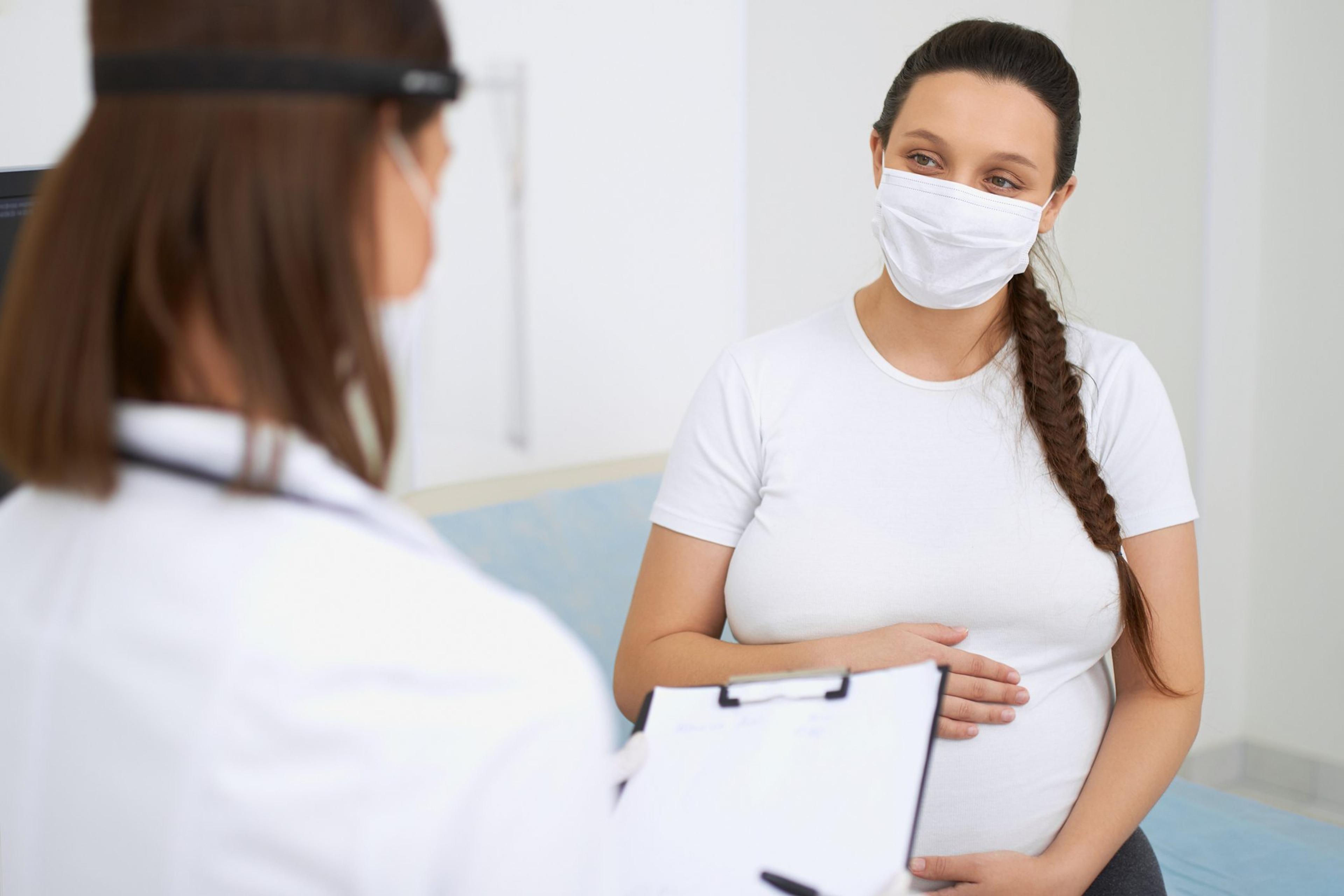Prevent Infection Before and During Pregnancy with these Tips
Jake Newby
| 4 min read

There’s no better time for expecting mothers to brush up on preventative safety tips than February, which marks International Prenatal Infection Prevention Month. Prenatal infections can increase the risk of preterm birth, cause organ damage in the mother and development delay in the fetus if the proper measures are not taken during pregnancy. Most common prenatal infections Cytomegalovirus (CMV), Group B streptococcus (GBS) and listeriosis are the most common prenatal infections. Preventing all three infections is rooted in good hygiene, good nutrition, and regular prenatal checkups. Here’s a look at how to fend off each specific infection. CMV prevention: The most common congenital viral infection, CMV, can travel from a mother’s blood through her placenta and infect a developing baby. CMV can cause birth defects and other health problems but is tricky to detect as most women who have CMV are asymptomatic. It is not recommended that doctors routinely test pregnant women for CMV infection, according to the Centers for Disease and Prevention Control (CDC). Laboratory tests cannot predict which developing babies will become infected with CMV or have long-term health problems. Since CMV is transmitted through bodily fluids like saliva and urine, while pregnant, you should avoid contact with saliva and urine from babies and young children. The saliva and urine of children with CMV have high amounts of the virus. Avoid contact with tears and saliva when kissing a child and instead kiss the child on the forehead. Refrain from sharing food, glassware, and other utensils with children, as well. Wash your hands often and thoroughly to prevent CMV, especially if you come in contact with young children or change their diapers. Group B strep (GBS) prevention: GBS is a disease that can affect women and their babies toward the end of their third trimester. The American College of Obstetricians and Gynecologists recommends a GBS screening during weeks 36 to 37 of pregnancy. Your doctor will take swab samples from the vagina and rectum and send them to a lab for testing. A positive test indicates that you carry group B strep. It doesn't mean you’re sick or that your baby will be affected, but you are at increased risk of passing the bacteria to your baby. A pregnant woman’s risk of having a baby that develops GBS includes:
- Testing positive for GBS bacteria late in pregnancy.
- Developing a fever during labor.
- Having 18 hours or more pass between when the water breaks and when the baby is born.
Doctors may give antibiotics to women who deal these issues through an IV when labor begins. The antibiotic usually contains penicillin. Listeriosis prevention: Listeriosis is a rare but serious infection caused by eating foods contaminated by a harmful germ called listeria.
Pregnant women are 10 times more likely than other people to get Listeria, according to the CDC. The infection can be passed onto newborn babies. For this reason, the following foods should be avoided during pregnancy:
- Unpasteurized milk and foods made with unpasteurized milk
- Hot dogs and lunch meats (unless heated until steaming hot before serving)
- Sushi made with raw fish
- All unwashed raw products such as fruits and vegetables
- Meat spreads and refrigerated pate
- Refrigerated, smoked, or undercooked seafood
The Zika Virus was considered a major concern for pregnant women in 2016 and 2017, but per the CDC, there have been no confirmed Zika virus disease cased reported from United States territories since 2019. The only way to completely prevent Zika infection during pregnancy is to not travel to areas with risk of Zika and to use precautions or avoid sex with someone who has recently traveled to a risk area.
Prenatal visits and vaccinations
The CDC recommends that pregnant women get two vaccines during every pregnancy: the inactivated flu vaccine (the injection, not the live nasal flu vaccine) and the Tdap vaccine, which is optimal between 27 and 36 weeks of pregnancy to protect the mother and the baby from pertussis (the whooping cough). Most infections are preventable when diagnosed and treated during pregnancy. For normal pregnancies without significant complications, prenatal exams are usually scheduled as follows:
- First prenatal visit: When you first suspect you're pregnant
- Weeks 14 – 30: Every four weeks
- Weeks 30 – 36: Every two weeks
- Weeks 36 – 40: Every week
- Weeks 40+: Once or twice a week
- Postpartum (after delivery): 21 - 56 days after delivery
Photo credit: Getty Images Related stories:





